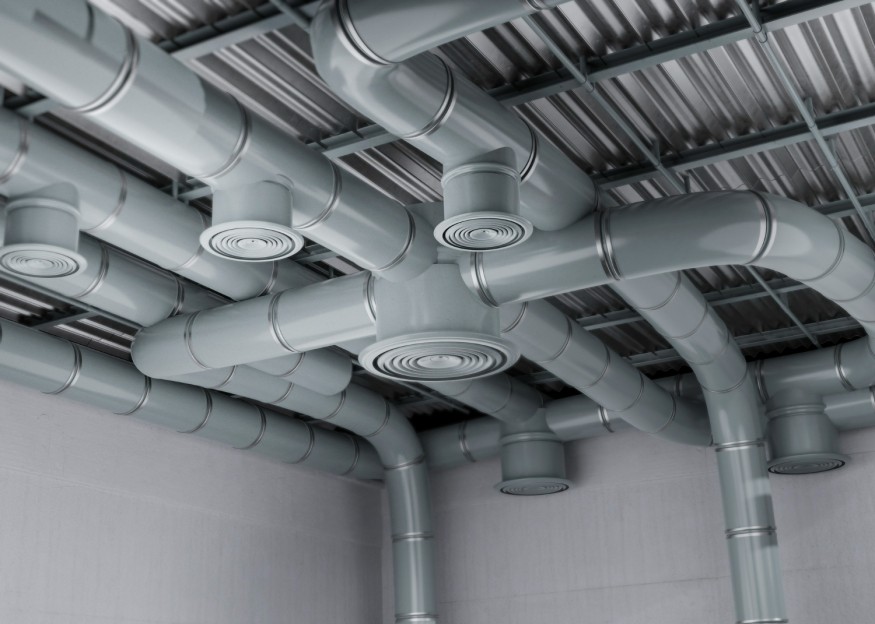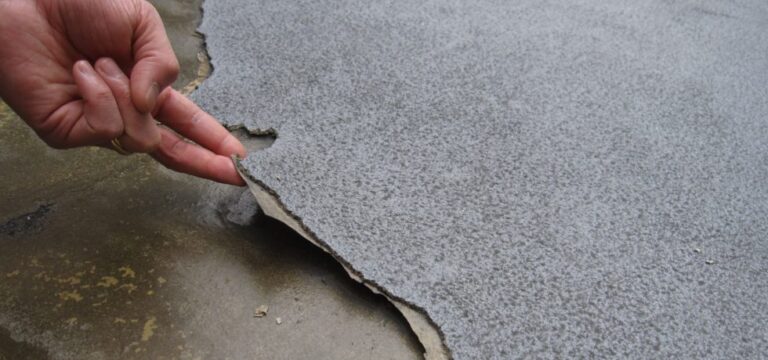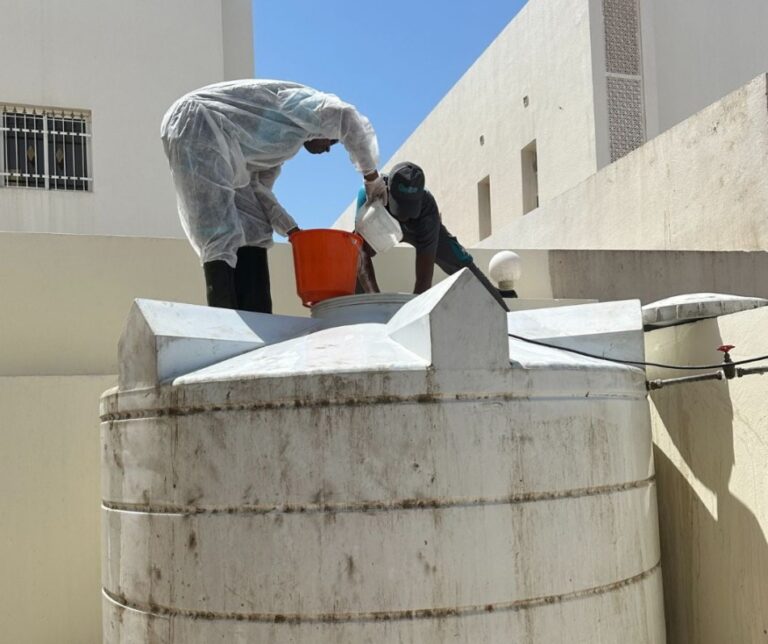Itchy eyes and a runny nose are common allergy symptoms. While your allergy medications can help, your home’s HVAC can help to provide relief too.
This is how:
-
Improved Air Filtration
The HVAC air filters in your home are your first line of defense against allergy triggers. Air filters capture airborne particles such as dust, pollen, pet dander, mold spores, and other allergens before they circulate through your home. The air you breathe can be significantly improved by replacing your air filters on a regular basis. Utilize high-efficiency particulate air filters for additional air filtration. These filters can capture 99.97% of airborne particles as small as 0.3 microns. HEPA filters will need to be changed more frequently than traditional filters.
-
Humidification & Dehumidification
Your allergy symptoms may be significantly impacted by the humidity levels in your home, which have a significant impact on air quality management. Too much moisture can create a breeding ground for mold, mildew, and dust mites, all of which can worsen allergies. Your respiratory system may become irritated by air that is too dry. If your home is having issues with maintaining ideal humidity levels, consider a whole-home humidifier.
-
Air Purification
An advanced air purification system can be a helpful tool in removing pollutants and contaminants from your home. These air purifiers use advanced filtration technology, such as UV light or ionization, to remove or neutralize allergens in the air.
Air purifiers can be portable systems that only treat the air in close proximity to them or they can be integrated into your HVAC system to circulate clean air throughout your home. You can get assistance selecting the best air purification system from your HVAC professional.
4. Preventative Maintenance
A well-maintained HVAC system is essential for allergy relief. Dirt, dust, and other allergens can build up in the ducts, coils, and vents of the system over time, causing them to spread allergens throughout your home. This can be avoided with regular maintenance, such as professional inspections and coil cleaning. Having a professional HVAC technician perform regular cleanings will also help keep the system running efficiently, ensuring that the air inside your home has minimal allergens.
5. zoning regulations
If allergies are an issue in specific parts of your home, consider installing a zoning system in your HVAC.
Zoning allows you to control the temperature and airflow in different areas or rooms of your house.
By customizing airflow, you can ensure that rooms where you spend the most time have optimal air quality while reducing the circulation of allergens in unused spaces.




